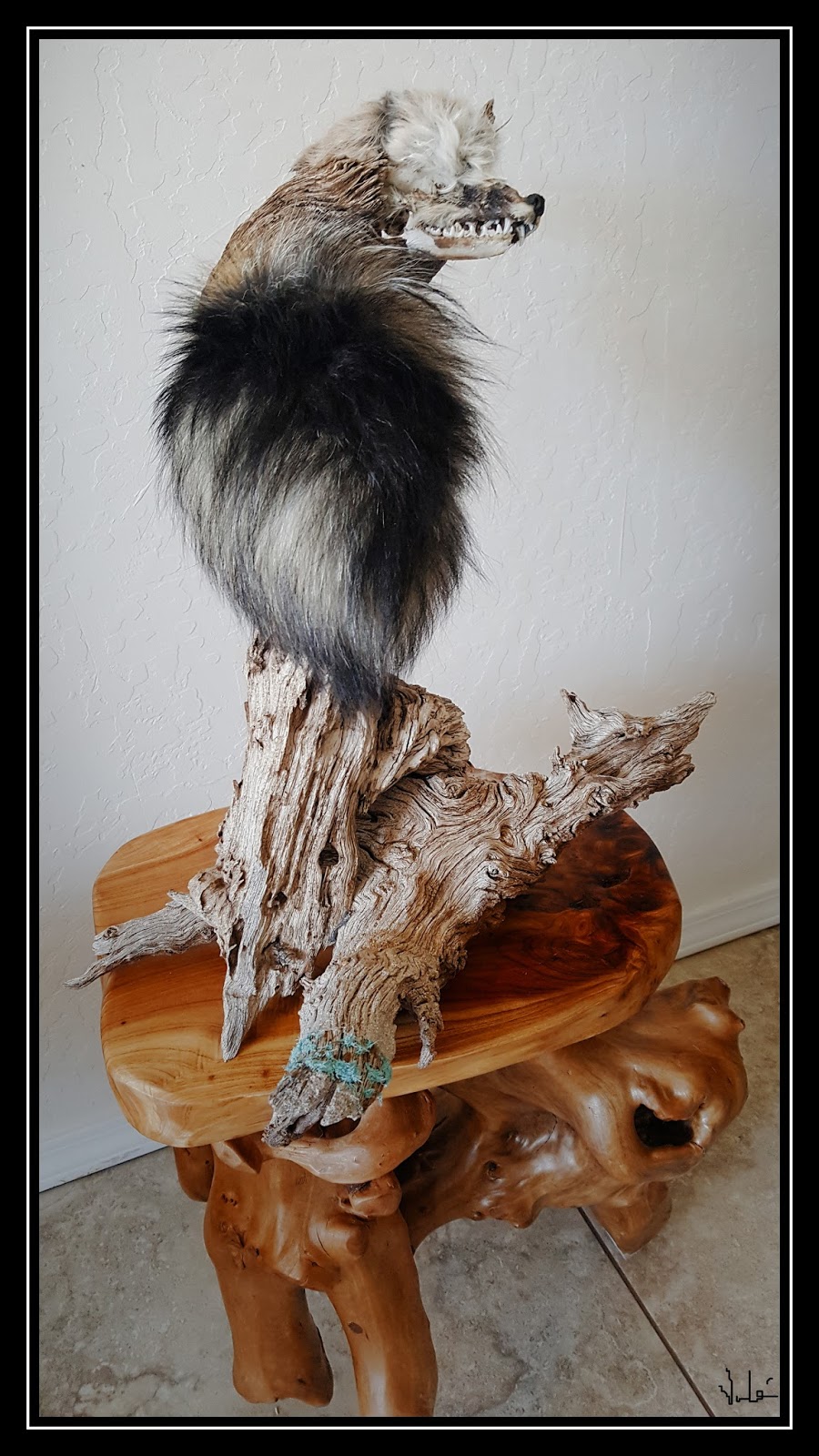Spirit Talkers: A Story of Masks, Healing and Transition
I still have Joseph Campbell’s “The Power of Myth”
on my desk. From time to time I leaf through hoping that I had missed an idea,
imagery or symbolism in my previous countless readings of his works.
And I often find such a missed symbolism.
Recently I have been reading academically inclined
books about Native American Medicine Man, sometimes referred to as “Spirit
Talkers”. A most recent book by William Lyon titled “Spirit Talkers: North American Indian Medicine Powers” (2019) caught
my attention as he approaches the question of a shaman’s genuine medical powers
from a scientific angle of demonstrating that these powers exist. His analysis and decades long personal;
observations of Native American Medicine men take us closer to Joseph Campbell’s
line of thinking and convincing us about masks, heroes and myth. One approach
that Lyon uses is to make a distinction between the medicine men who use herbal
remedies and those who engage spirits to do the healing. The latter are called “Spirit
Talkers” and act as the brokers in the interaction between ill people and
healer spirits.
… So, as I was thinking about Campbell’s masks I re-read
some of his explications of how we all use masks. He wrote:
‘When in Rome, do as the Romans do,’ and when at
home, do not keep on the mask of the role you play in the Senate chamber. But
this, finally, is not easy, since some of the masks cut deep. They include
judgment and moral values. They include one’s pride, ambition, and achievement.
They include one’s infatuations.”
I also searched for artistic interpretations of a
Spirit Talker’s appearance. As expected, I found drawings and paintings where these medicine
men had extensive facial paintings, to the extent of transforming their own
faces into masks through paint.
… I have four hare hide I ready to become canvas. I had
not been inspired by a topic or imagery to start painting, but a few days ago
the Spirit Talkers gave me that inspiration.
I started painting a medicine man staring with the
shape of one hare hide where I could place head feathers. Then the face took
shape, then the torso. The first phase looked like this:
Now I had to decide if it would be a Spirit Talker
in a ceremonial posture. I have not been to an actual ceremony like Lyon
describes so meticulously in his book, so I could not have a personal vision of
how it would be. As I was struggling about the identity of my medicine man, I
decided to give him (her?) a squirrel hand! Suddenly, the shaman got
transformed in front of my eyes like a moth would be to butterfly.
Metamorphosis!
And that is what I ended up painting – a swirling lower
body that detaches this masked hero from the initial idea I had about Spirit
Talkers. He IS now a spirit – the spirit of transformation and metamorphosis.
After adding some Arizona turquoise stones to the
scenery and a rabbit clump of fur en guise of a flower, my healer spirit took
shape as shown at the outset of this posting. And I placed it on the wall behind my reading
rocking chair that I have owned for more than 30 years: it was given to me by
my hospital care research mentor who back in the 1980s told me to sit in this
ricking chair an hour a day, look out of the window and think about a creative
way to tackle common research issues.
And it was on one of these “dreaming séances” that I came across a few
lines by Joseph Campbell as he reported on the advice given to a young Native
American during his initiation ceremony:
As you go the way of life,
You will see a great chasm. Jump.
It is not as wide as you think.”
You will see a great chasm. Jump.
It is not as wide as you think.”
And so I did.
April 26, 2019
© Vahé A. Kazandjian, 2019






Comments
Post a Comment